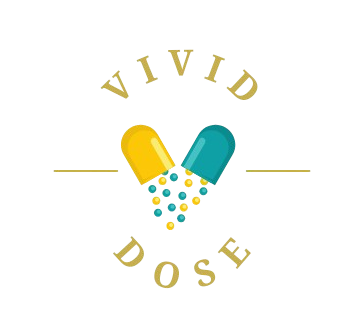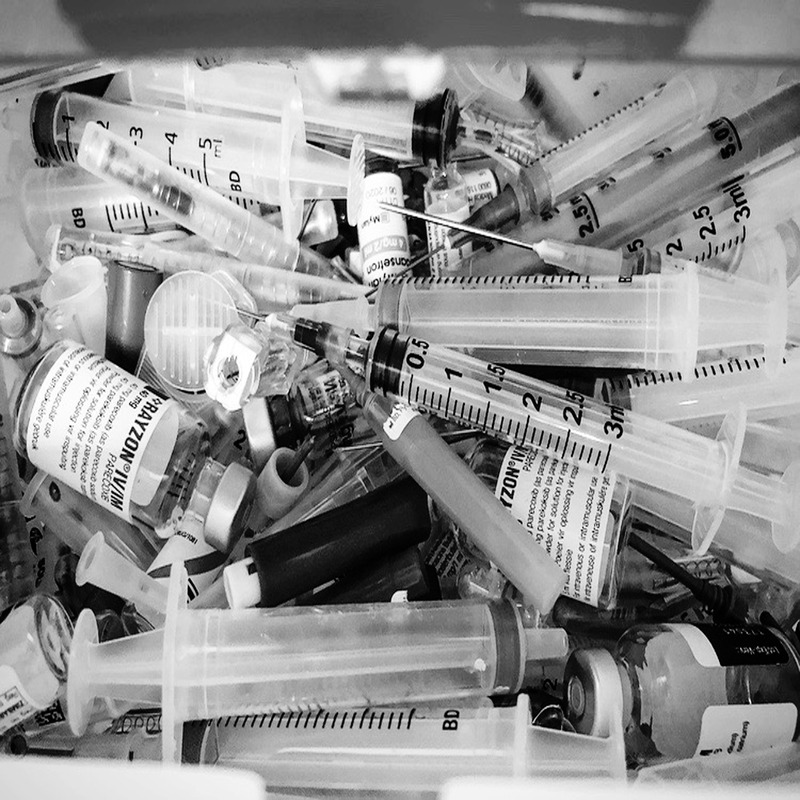Drug addiction is a complex and challenging condition that affects millions of people worldwide. It not only impacts physical health but also takes a toll on mental well-being, here’s how to overcome drug addiction.
How To Overcome Drug Addiction
Overcoming drug addiction is possible with the right support, strategies, and determination. Here’s how to overcome drug addiction:
1. Acknowledge the problem
The first and most crucial step in overcoming drug addiction is acknowledging that there is a problem. Denial is a common barrier to recovery, but accepting that addiction is affecting your life is the foundation for change. Ask yourself:
- Is my drug use causing harm to my health, relationships, or responsibilities?
- Am I unable to control or stop using drugs despite negative consequences?
Honest self-reflection is the starting point for seeking help.
2. Seek Professional Help
Overcoming addiction often requires professional guidance. Reach out to a healthcare provider, addiction specialist, or counsellor who can assess your situation and recommend a treatment plan. Treatment options may include:
- Detoxification: Medically supervised detox to safely manage withdrawal symptoms.
- Therapy: Individual or group therapy to address the root causes of addiction.
- Medication-Assisted Treatment (MAT): Medications to reduce cravings and withdrawal symptoms.
- Rehabilitation Programs: Inpatient or outpatient programs tailored to your needs.
3. Build a Support System
Recovery is not a journey you have to face alone. Surround yourself with supportive people who encourage your sobriety. This may include:
- Family and Friends: Share your goals with loved ones who can provide emotional support.
- Support Groups: Join groups like Narcotics Anonymous (NA) or SMART Recovery to connect with others facing similar challenges.
- Sponsors or Mentors: Work with someone who has successfully overcome addiction and can offer guidance.
4. Avoid Triggers
Triggers are people, places, or situations that tempt you to use drugs. Identifying and avoiding these triggers is key to staying sober. Strategies include:
- Changing Your Environment: Distance yourself from places or people associated with drug use.
- Creating a Routine: Structure your day with healthy activities to reduce idle time.
- Practising Assertiveness: Learn to say no to situations that may jeopardise your recovery.
5. Focus on Nutrition and Physical Health
Drug addiction often takes a toll on the body. Rebuilding your physical health can support your recovery. You can:
- Eat a Balanced Diet: Focus on whole foods like fruits, vegetables, lean proteins, and whole grains.
- Stay Hydrated: Drink plenty of water to flush out toxins.
- Exercise Regularly: Physical activity boosts mood and energy levels.
- Get Enough Sleep: Aim for 7-9 hours of quality sleep each night.
6. Address Underlying Issues
Addiction is often linked to underlying issues such as trauma, mental health disorders, or chronic stress. Addressing these root causes is essential for lasting recovery. Work with a therapist to:
- Explore past experiences that may contribute to addiction.
- Treat co-occurring mental health conditions like depression or anxiety.
- Develop strategies to manage stress and emotional pain.
7. Stay Committed to Sobriety
Recovery is a lifelong journey, and staying committed to sobriety requires ongoing effort. Strategies to maintain your progress include:
- Attending Regular Therapy or Support Group Meetings: Stay connected to your recovery community.
- Practicing Self-Care: Prioritize activities that promote mental and physical well-being.
- Celebrating Successes: Acknowledge your achievements and progress.
8. Be Patient and Kind to Yourself
Recovery is not a linear process, and setbacks can happen. It’s important to be patient and compassionate with yourself. If you relapse:
- Don’t view it as a failure, see it as an opportunity to learn and grow.
- Reach out for support and recommit to your recovery goals.
- Remember that every step forward, no matter how small, is progress.
Final Word From Vividdose
Overcoming drug addiction is a challenging but achievable goal. Remember, you don’t have to face this journey alone, reach out for help, lean on your support system, and take it one day at a time. Recovery is possible, and a brighter future awaits.

